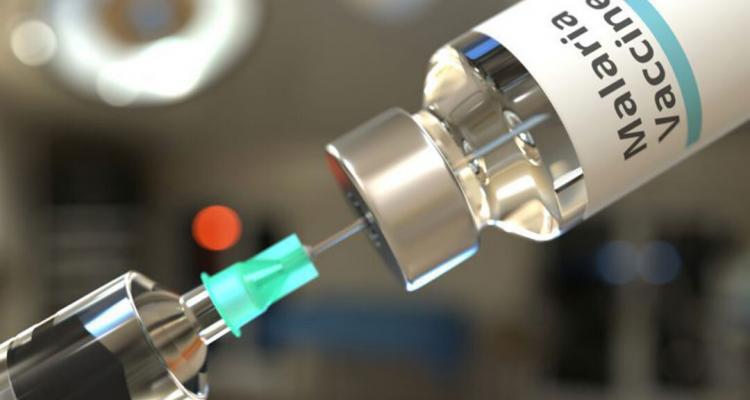
In a significant move to combat malaria, over 330,000 doses of the World Health Organization-recommended RTS,S malaria vaccine have arrived in African countries, marking a historic milestone in the broader vaccination efforts against this deadly disease, particularly in Africa.
Malaria, which predominantly affects African children, is one of the deadliest diseases on the continent. In 2021, Africa accounted for approximately 95% of global malaria cases and 96% of related deaths. The arrival of these vaccines heralds a new era in the fight against malaria, especially in high-risk areas.
Cameroon’s receipt of 331,200 doses of RTS,S, the world’s first WHO-recommended malaria vaccine, is a crucial step. This delivery, part of a more extensive plan, indicates the upcoming scale-up of malaria vaccinations across Africa. Notably, Cameroon is the first country outside the initial malaria vaccine pilot program to receive these doses.
This development is particularly significant for countries like Malawi, where malaria remains a major public health concern. The vaccine’s arrival in other African nations, including Burkina Faso, Liberia, Niger, and Sierra Leone, with an additional 1.7 million doses expected in the coming weeks, offers hope for more comprehensive immunization against the disease.
Implementing the vaccine requires extensive preparation, including training healthcare workers and ensuring adequate infrastructure for vaccine storage and delivery. This process is complicated by the vaccine’s four-dose schedule, demanding careful planning for effective distribution.
The pilot program’s success in Ghana, Kenya, and Malawi, where over 2 million children received the RTS,S vaccine, demonstrated a notable 13% decrease in child mortality and substantial reductions in severe malaria cases and hospitalizations. This success has been pivotal in informing WHO’s recommendation of a second malaria vaccine, R21, adding to the arsenal against this disease.
With Gavi, WHO, UNICEF, and partners working closely with interested countries, the stage is set for broader implementation of malaria vaccinations in endemic regions.
This effort could save tens of thousands of lives annually. However, it’s crucial to remember that malaria vaccines are part of a broader strategy that includes insecticide-treated nets, indoor residual spraying, and effective case management.
This development is welcomed by global health leaders and stakeholders. Gavi CEO David Marlow emphasized the vaccine’s potential to save thousands of children each year.
UNICEF Executive Director Catherine Russell highlighted the vaccine as a game-changer in malaria control. WHO Director-General Dr. Tedros Adhanom Ghebreyesus called for resources to bring malaria vaccines to scale, while Dr. Matshidiso Moeti, WHO Regional Director for Africa, underscored the vaccine’s importance in reversing the rising trend of malaria cases.













